Welcome to Our Research Archive
Search and filter by content type, issue area, author, and keyword
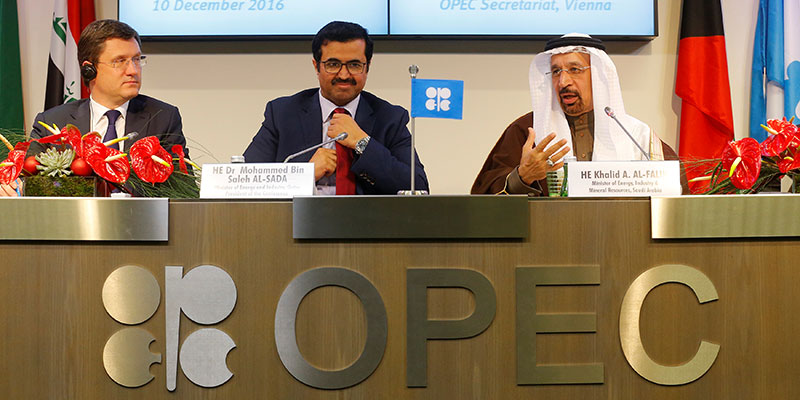
June 30, 2022
Another Bad Beltway Idea: Suing OPEC on Antitrust Grounds
The “Do Something!” imperative so common in the Beltway as a response to the headlines of the day yields economic or policy improvement only rarely if at all. This cannot be surprising in that this imperative by its very nature does not lend itself to thoughtfulness, even by the standards of federal policy-making. One of the…
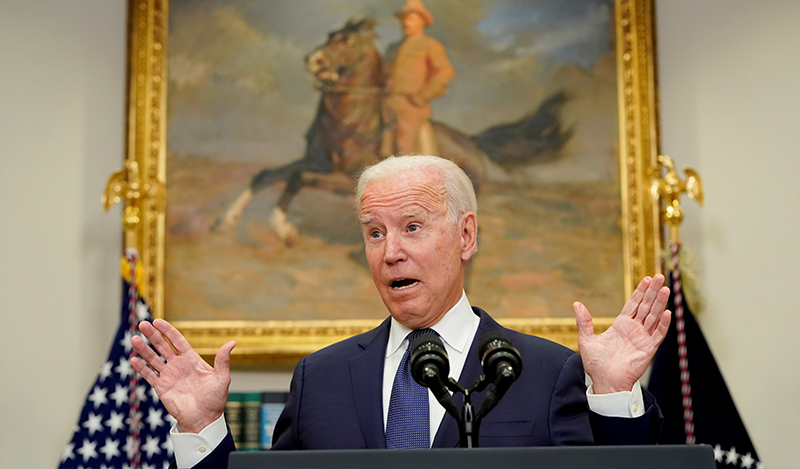
June 21, 2022
President Biden Asks the Saudis to Bail Him Out
President Biden will attend the Gulf Cooperation Council meeting in Saudi Arabia next month, with the explicit goal of convincing the GCC — that is, the Saudis — to increase production of crude oil as a tool with which reduce gasoline prices in the U.S. From a recent press conference: Q: And my question on Saudi Arabia: Why not have the…
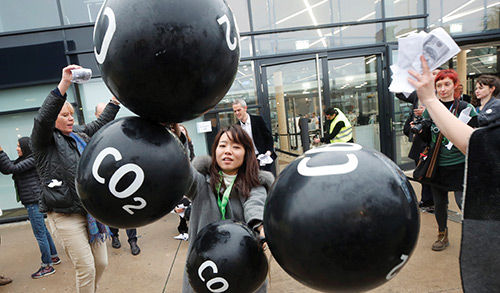
June 16, 2022
Against a Carbon Tax
Proposals for “carbon pricing” and a border-adjustment tax on imports and credits on exports — the central ancillary policy needed to preserve the competitiveness of U.S. companies given the implementation of a tax on carbon — are back in the news. Various observers, public officials, and many economists endorse it as the most “efficient” way of addressing…
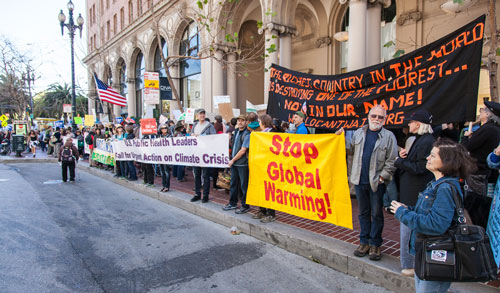
June 9, 2022
The Silliness of Carbon Capture and Sequestration
Beltway nostrums are a dime a dozen, and the climate problem threat emergency crisis existential threat is tailor-made to elicit hundreds of them. An old one now receiving increasing attention is carbon capture and sequestration (CCS), a technology designed to capture greenhouse gas (GHG) emissions as they are produced as byproducts of such industrial processes as power generation, and then…
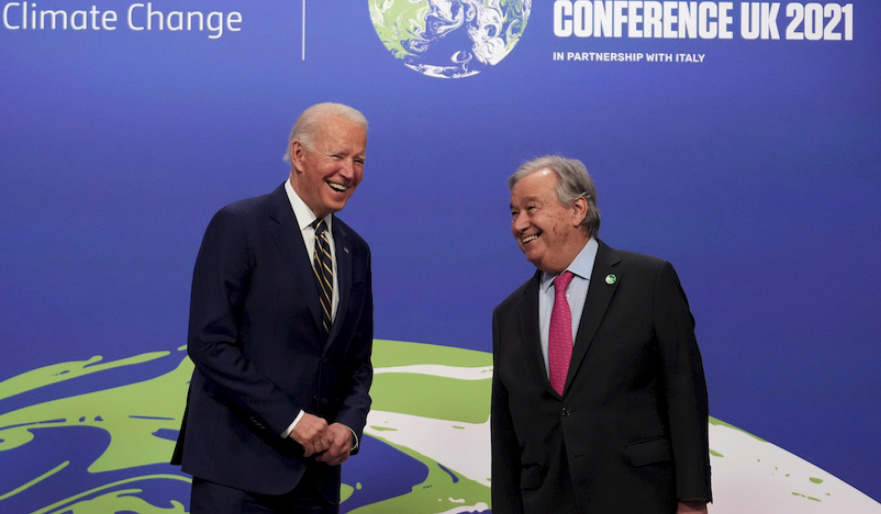
May 16, 2022
Canceling Federal Oil and Gas Leases Isn’t About Climate Change
The Biden administration last week canceled a large oil and gas lease sale — over 1 million acres — in the Alaska Cook Inlet as well as two sales in the Gulf of Mexico. The Interior Department argued that the Alaska cancellation was “due to lack of industry interest in leasing in the area,” but that is obvious…

May 3, 2022
Offshore Fossil Leasing and the Biden Flouting of the Law
Let us review the plain language of the Outer Continental Shelf Lands Act (§1344(a)): “The Secretary [of the Interior] shall prepare and periodically revise, and maintain an oil and gas leasing program,” defined by the Congressional Research Service as a requirement that the Interior Department “prepare and maintain forward-looking five-year plans… to schedule proposed oil and gas lease sales on the U.S. outer continental shelf…
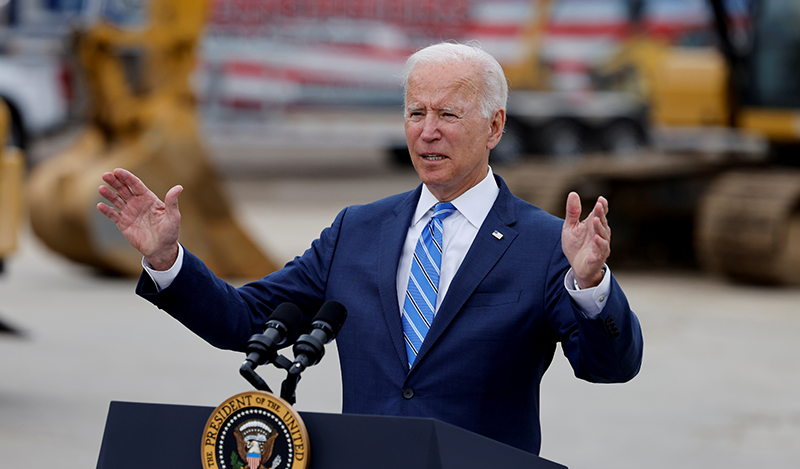
April 25, 2022
Some Fallacies Attendant Upon the Biden Resumption of Fossil Leasing
The Biden administration announced late last week that it would resume leasing of federal lands for fossil fuel exploration and production, but at a scale (144,000 acres) about 80 percent smaller than the 733,000 acres that had been nominated by energy companies for evaluation by the Department of the Interior. (Over 90 percent of the acreage to…
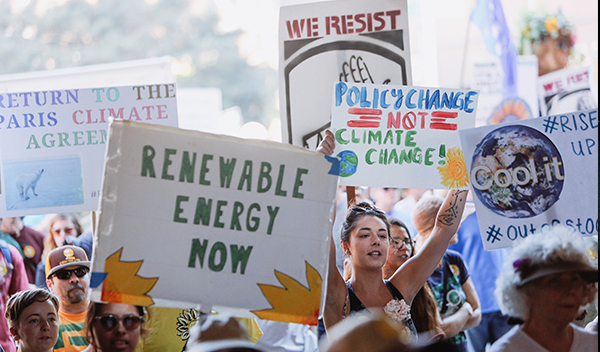
April 22, 2022
Earth Day 2022: Investing in Poverty, Suffering, and Human Degradation
It is Earth Day 2022 — always falling on Lenin’s birthday, amusingly enough — the official theme of which this year is Invest In Our Planet™. As with every previous Earth Day, we will be bombarded with innumerable web sites both infantile and mendacious, crude propaganda exercises, myriad pleas for networking, virtue signaling as a central dynamic, mindless…

April 14, 2022
More Gasoline Gimmickry From the Biden Administration
Oh what a tangled web it weaves when first the Biden administration practices to deceive. That is a slight paraphrase of Sir Walter Scott’s famous observation, but it is wholly appropriate as a general description of the Biden administration’s desperate efforts to avoid political responsibility for the sharp increases in fuel costs for which its fossil-fuel…
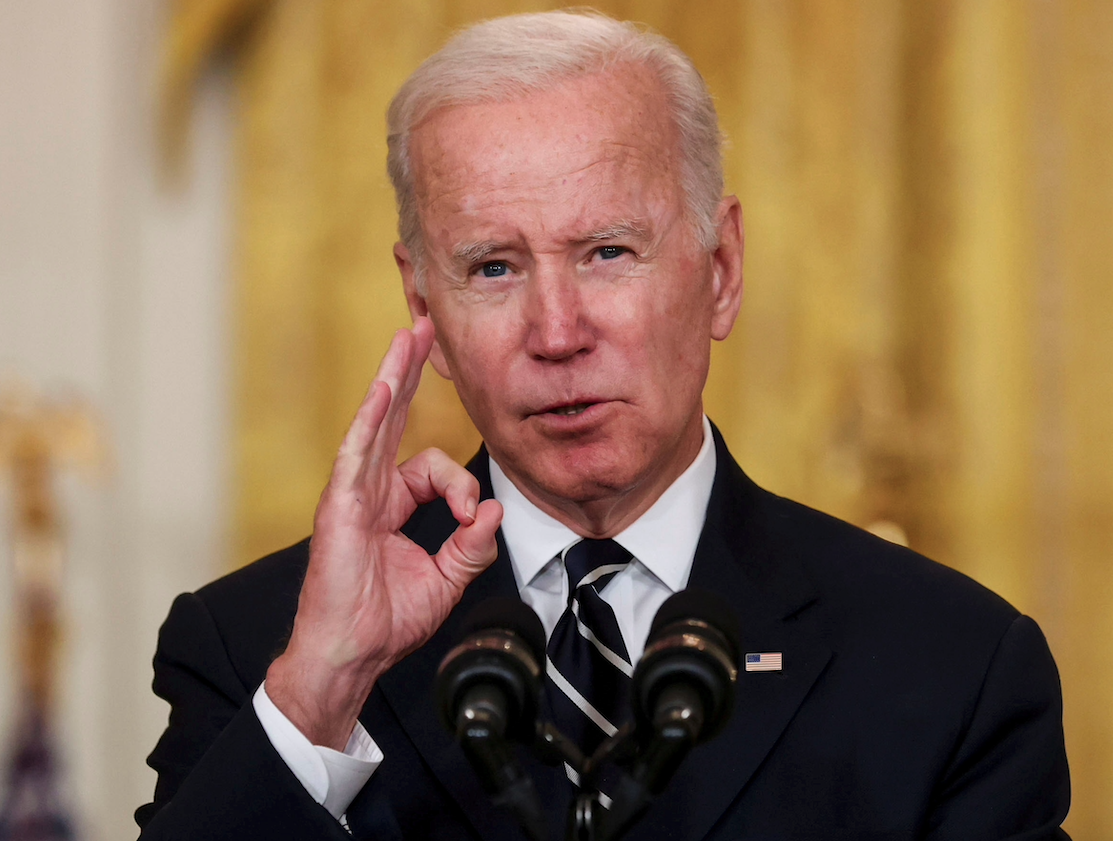
March 28, 2022
The Ukraine Tragedy as Political Opportunism
Never let a crisis go to waste, as the age-old Beltway wisdom goes, but one might think that the Ukraine crisis, in which thousands of innocents are dying and losing their homes, millions have been driven into refugee camps, and in which Russian military savagery is the order of the day, might give the usual…